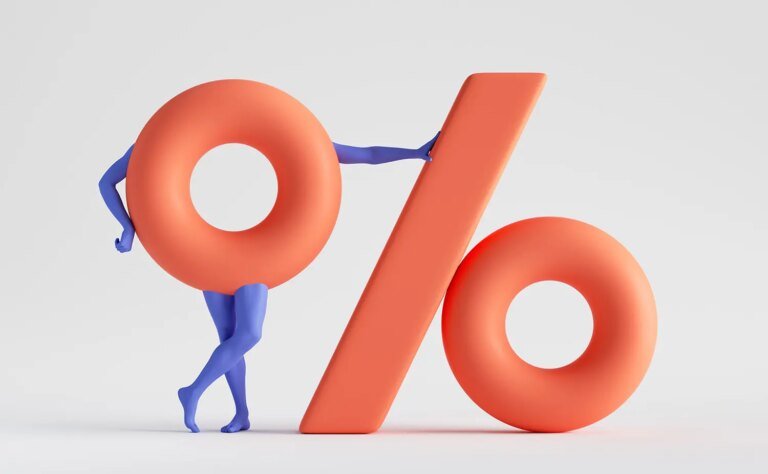Quit Smoking and Stop Chewing Tobacco Program
Giving up smoking at any age has major short-term and long-term health benefits. Quitting and staying away from cigarettes is difficult, but not impossible. At Pathways, the program is designed by experts. Our evidence-based holistic treatment offers a conducive and positive environment to help patients recover from Chewing Tobacco and Smoking Addiction.
- Quit Smoking & Chewing Tobacco Comfortably
The fundamental difference between the way we address smoking and the way it has been thought about in the past is that we treat it as a medical condition that needs to be controlled… just like asthma or diabetes.
Our program builds the right attitude with the right frame of mind through counselling, therapies, holistic treatments and appropriate medications to derive Synergy.
We don’t make you feel ashamed about smoking.
- We don’t frighten you into quitting.
- We don’t rely on gimmicks for treatment.
Pathways Healing & Recovery center has helped hundreds of patients quit smoking successfully by designing a plan that meets their individual needs. Our personalized treatment approach will work even for chronic smokers who have previously attempted to quit but relapsed later.
The Process of quitting Smoking and Chewing Tobacco Consumption
Nicotine replacement therapy & Bupropion are effective treatment to help quit smoking, however when combined with Counselling & Holistic therapies it works in synergy & hence helps individual begin the journey of quitting in 15 days followed by 6 months post discharge follow up.
Do you find quitting chewing tobacco difficult? The reason you continue to use tobacco is not because you are weak-willed or irresponsible, but because nicotine is highly compelling once you are used to it.
The quitting process involves three steps:
- Preparation before quitting
- Process of achieving resistance and quitting the consumption
- Control after quitting
This program will guide you through each of these steps.
Pathways can help!
We offer medical attention by specialised doctors for one on one session. We strongly believe that with the right tools of recovery that we possess the patient will soon regain control over their life. The 15 days program amidst nature enables you to focus on quitting the intake of chewing tobacco and connect with yourself along with a mindful experience.
The residential experience at Pathways is medically acclaimed to deliver a high recovery rate. The treatment is not only restricted to the residential program as we offer aftercare remote program once the patient has left the facility.
The program includes exclusive care by a team of experts.

- FAQs
How hard is it to quit without help?
Very few smokers who try to quit without help are successful. Nicotine changes the way the brain works. Nicotine is more addictive than alcohol, heroin or cocaine.
Quitting smoking is not just about breaking a bad habit and it is certainly not just about willpower. Even those of us who are able to put cigarettes down, find it difficult to stay off. The more help you get, the easier it will be to remain smoke free.
I’ve quit other habits in the past, but this one seems harder. Why?
Cigarettes deliver the “free-base” form of nicotine to the brain. Just like crack cocaine is more addictive than plain cocaine, free base nicotine is much more powerful than plain nicotine. That’s why even the idea of giving up cigarettes can be so depressing. The good news is that, unlike many other drugs, nicotine addiction can be treated fairly easily and effectively. Ask for help. You don’t just deserve to quit, you deserve to quit well.
I once quit for over 6 months but then went back. Why?
While nicotine leaves your system within a few days of quitting, the effects of nicotine on your brain are more long lasting than that. Your brain needs time to heal, sometimes up to a few years. During that time, it’s not uncommon to feel a subtle desire to pick up a cigarette. A slip is not a sign of weakness, but rather a sign that your brain hasn’t finished healing yet. A slip doesn’t mean you are a smoker again. It is simply the time to ask for help and get back to quitting.
For a Thorough, Affordable Alcohol Detox Center
Call Us Any Time.





